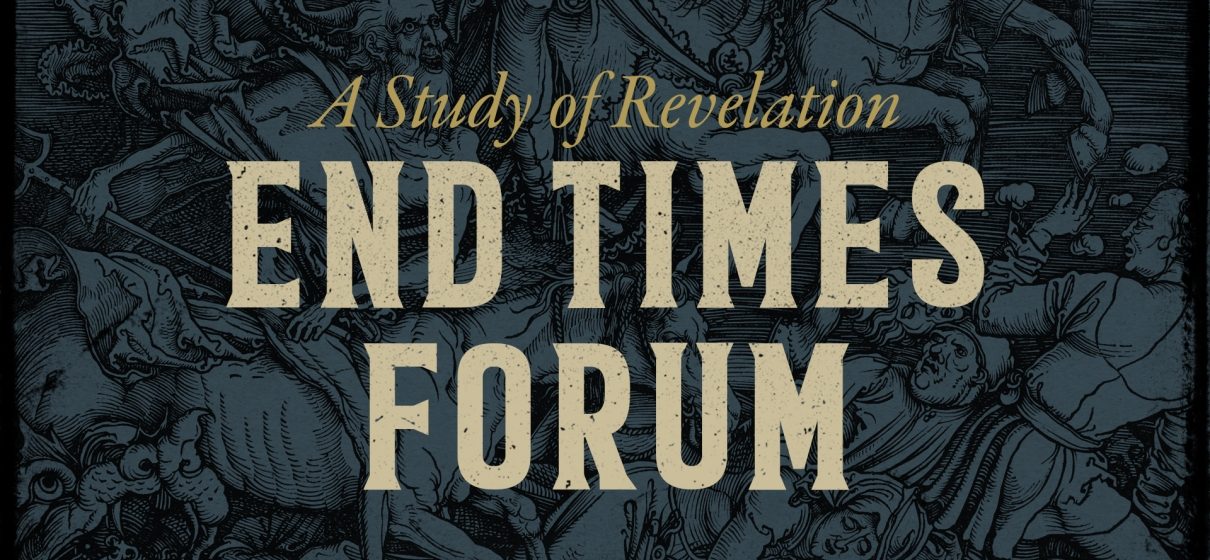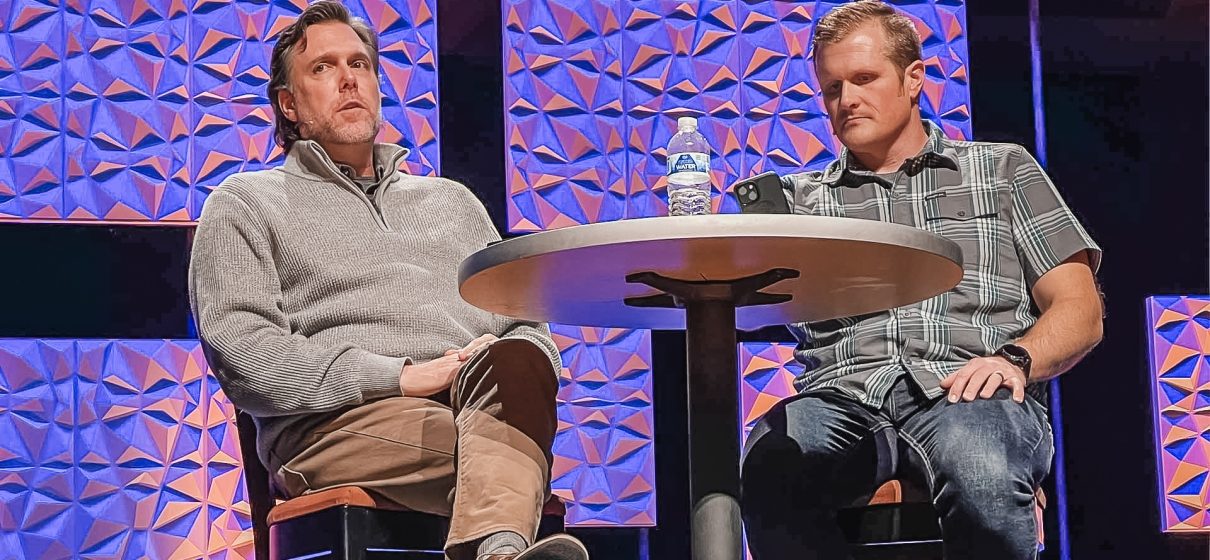A Study of Nahum: The Comforting Love of God
In the summer 2020 message series “For the Love,” the Clear Creek Community Church Teaching Team will examine one of the least known sections of the Bible, the books known as the Minor Prophets, to better understand the great love of God and our faithful response to that love. Join with us in reading each book along the way! Each Sunday afternoon we will post an introductory video by The Bible Project and a 5-day reading plan with reflection questions to prepare you to hear the following Sunday’s message.
DAY 1—Read Nahum 1:1-7
The book of Nahum begins by announcing the city of Nineveh as the subject of its message, much as Jonah was concerned with this Assyrian capital. Take a closer look at the first half of verse 3 and compare it to both Exodus 34:6-7 and Jonah 4:2. How does Nahum’s quotation of the Exodus passage differ from Jonah’s? What aspects of God’s character are each of them trying to emphasize?
Today’s passage has been compared to a psalm. It is poetic in its language and focused on the character of God himself rather than any future events. What aspects of the creation does Nahum evoke here? Which of these parts of creation can withstand the wrath of God?
APPLY—Verse 7 is one of the most comforting verses in Nahum’s prophecy. After six verses focusing on God’s anger, why might this verse feel incongruent to us? What does that feeling reveal about our beliefs regarding both God’s wrath and his goodness?
DAY 2—Read Nahum 1:8-11
In today’s passage, we begin to see those against whom the Lord’s wrath is directed. For what action does Nahum condemn them (verses 9 & 11)? In what way were the Assyrians guilty of this?
Verse 10 uses some striking metaphors to emphasize the inability of Nineveh to withstand God’s judgment. What do each of these metaphors have in common, and how does each individually add to your understanding of Nahum’s condemnation?
APPLY— Nahum claims twice that the Lord will make a complete end of those who oppose him. Read Jeremiah 46:28. How can we find comfort in both sides of this passage—not only that he will not make a full end of his people, but also that he will make a complete end of his enemies? How does Romans 5:10-11 connect both aspects of God’s character to Christ’s work on the cross and lead us to worship him?
DAY 3—Read Nahum 1:12-2:2
In this passage, it is often difficult to understand the intended audience. In v. 12-13, they refers to the Assyrians, while you speaks directly to the people of Judah. This pattern is also followed in the second half of verse 15. In contrast, who is addressed in verses 14 & 1? What clues in the passage help you to understand it?
These verses are a study in contrasts. What outcome is being promised to the city of Nineveh (v. 12, 14, & 1)? What will be the ultimate result for the people of Judah (v. 12-13, 15, & 2)? Read John 8:31-36. How will the promise of freedom in v.13 be finally fulfilled?
APPLY—In verse 15, Nahum is quoting from Isaiah 52:7 regarding the future reign of the Lord in Jerusalem. Paul also quotes this passage in Romans 10:13-15, emphasizing the need for God’s people to go to those who have not yet heard the good news. How would Nahum’s words have been good news to the people of Judah? In what way is the gospel of Jesus even better news?
DAY 4—Read Nahum 2:3-13
The second chapter relates Nahum’s vision of the destruction of Nineveh, described as vividly as if the prophet was recording with a video camera. List some of the specific images he uses to let his reader see the battle as he did (v. 3-6).
Nineveh was a powerful city, ruling over a vast empire. Though they had turned to God in repentance in Jonah’s day, by Nahum’s time they had reverted to their old ways. What clues can be found in this passage that highlight the objects in which the Assyrians are placing their trust?
APPLY—At the end of this chapter, Nahum creates an extended metaphor comparing a pride of lions to the royal family of Nineveh. How does the prophet describe the king’s actions on behalf of his family? In what ways might we be tempted to wrong others or neglect justice in order to better our families’ lives? What behaviors are we sometimes willing to justify in order to achieve our own comfort and security?
DAY 5—Read Nahum 3
In Nahum’s final chapter, we see a familiar metaphor (v. 5-7)—the unfaithful nation depicted as a prostitute who will be shamed by the Lord’s judgment. Read Hosea 2 and compare it to Nineveh’s fate. What similarities do you see? What does God promise Israel that is missing from Nahum’s oracle regarding Nineveh?
Verses 8-10 compare the Assyrians’ conquest of Thebes to their own impending defeat. On what was Thebes depending for safety and strength? What will similarly happen to Nineveh’s defenses? How would these images of the annihilation of their enemies have given comfort to Nahum’s Judean audience?
APPLY—Nahum’s prophecy concludes with an indictment of Nineveh’s leadership: the king, princes, merchants, scribes, and nobles. What metaphors are used to describe their behavior when judgment comes? Though few of us are responsible for cities or nations, we each have been given stewardship of people and possessions for whose care we will be held accountable. In what ways are you failing to lead wisely and reliably, tempted to neglect or abdicate rather than steadfastly protect and provide for that which has been placed in your care? What does it look like when we lead others out of faith in God’s might rather than trusting in our own strength?














